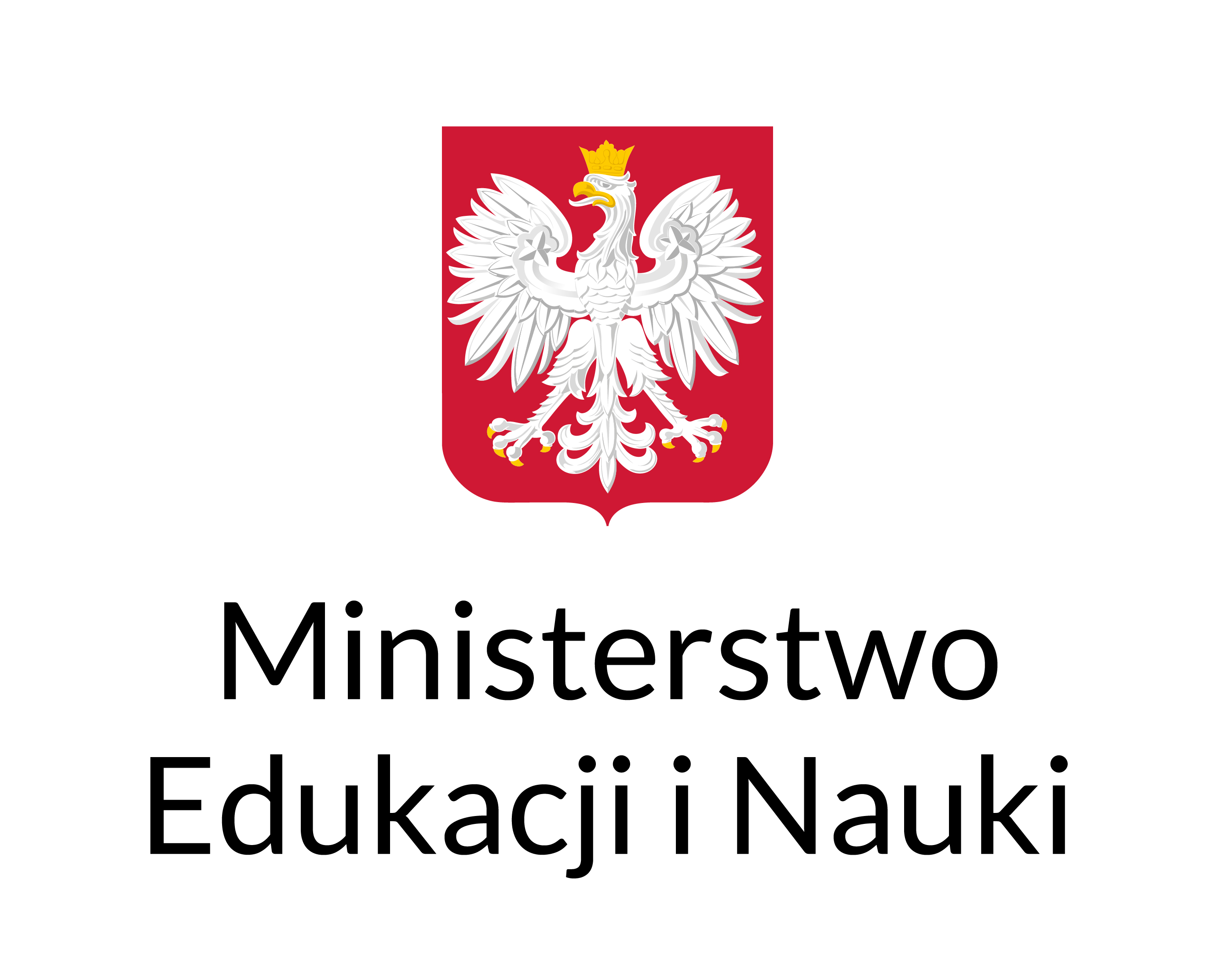Rules on Home Office Work and Telework in Romania and in Hungary
Abstract
Pandemic crisis management requires new solutions that are not necessarily workable options in the traditional labour market. It is not about starting from scratch but about bringing to the fore legal institutions that have not been significant so far. This has had an unexpected effect on the labour law of Central European countries, as social partners fundamentally distrust atypical forms of work. This situation is also true for Romania and Hungary. In our study, we do not intend to present all forms, but only the two most important legal instruments in the labour market shaped by the pandemic; we analyse teleworking and home office work.
References
Bankó, Z. (2016) ’A távmunkával kapcsolatos jogalkotási, jogalkalmazási és foglalkoztatáspolitikai tapasztalatok Magyarországon’, Hungarian Labour Law E- Journal, 3 (2), pp. 49–61.
Bankó, Z. (2018) ’A távmunkavégzésre létrejött munkajogviszonyra vonatkozó jogalkotás és jogalkalmazás egyes kérdései’ in Bankó, Z., Berke, Gy., Tálné Molnár, E., (eds.) Quid Juris? Ünnepi kötet a Munkaügyi Bírák Országos Egyesülete megalakulásának 20. évfordulójára. Budapest – Pécs: Kúria – PTE ÁJK.
Bankó, Z., Berke, Gy., Kiss, Gy. (2017) Kommentár a munka törvénykönyvéhez: kommentár a munka törvénykönyvéről szóló 2012. évi I. törvényhez. Budapest: Wolters Kluwer.
Cimpoeru, D. (2020) ’Unele comentarii privind legalitatea Ordinului nr. 74534/2020 privind stabilirea modului de detașare/delegare a personalului medical și auxiliar pe perioada stării de urgență’, Pandectele Române, 2020/1.
Georgescu, L. (2019) ’Piața muncii în contextul dezvoltării sistemelor digitale’, Revista Română de Dreptul Muncii, 2019/6.
Georgescu, L. (2018) ’Telemunca – elemente de noutate’, Revista Română de Dreptul Muncii, 2018/2.
Goldschmidt, U. (2020) Zwangsbeglückung durch den Gesetzgeber [Online]. Available at: https://tinyurl.com/y2g5aex9 (Accessed: 03 May 2020).
Gyulavári, T. (2020) ’COVID-19 and Labour Law: Hungary’, Italian Labour Law E-Journal, 13(1), pp. 1–3.
Heil plant bis Herbst Gesetz für Recht auf Homeoffice [Online]. Available at: https://tinyurl.com/y35l4u2n (Accessed: 03 May 2020).
Hodder, A. (2020) ’New Technology, Work and Employment in the era of COVID-19: reflecting on legacies of research’, New Technology, Work and Employment in press [Online]. Available at: https://doi.org/10.1111/ntwe.12173 (Accessed: 20 August 2020).
Jakab, N.,Tóth, H. (2018) ’Flexicurity in Hungary from the more Vulnerabe Party’s Point of View’, 5th International Multidisciplinary Scientific Conference on Social Sciences and Arts SGEM 2018, Sofia: STEF92 Technology Ltd., pp. 153–160. https://doi.org/10.5593/sgemsocial2018H/11/S02.020
Lipták, K. (2020) ’Maradj otthon, dolgozz otthon! – A koronavírus hatása a távmunkára’, Területi Statisztika (in press).
Összefoglaló egyes munkajogi szabályok alkalmazásáról a veszélyhelyzet kihirdetéséről szóló 40/2020. (III. 11.) Korm. rendelet által elrendelt veszélyhelyzet időtartama alatt [Online]. Available at: https://tinyurl.com/yxvrjh6k (Accessed: 22 August 2020).
Pop, C. (2020) ’Sănătatea și securitatea în muncă în timpul Pandemiei COVID-19’, Revista Română de Dreptul Muncii, 2020/2.
Popescu, R.R. (2018) ’Aspecte controversate cu privire la noua reglementare a telemuncii’, Revista Română de Dreptul Muncii, 2018/3.
Sullivan, C. (2003) ’What’s in a name? Definitions and conceptualisations of teleworking and homeworking’, New Technology, Work and Employment 18(3), pp. 158-165. https://doi.org/10.1111/1468-005X.00118
Távmunkavégzés és home office, Központi Statisztikai Hivatal [Online]. Available at: https://www.ksh.hu/docs/hun/xftp/idoszaki/munkerohelyz/tavmunka/index.html (Accessed 20 August 2020).
Teleoaca Vartolomei, B. (2018) ’Reglementarea activității de telemuncă prin Legea nr. 81/2018’, Revista Română de Dreptul Muncii, 2018/2.
Tóth, H. (2017) ’Rugalmas biztonság elve a munkaviszony megszüntetése során’, Miskolci Jogi Szemle, 12(2), pp. 620–630.
Țop, D. (2020) Flexibilization of Labor Relations in Romania – Kurzarbeit model [Online]. Available at: http://www.cielolaboral.com/flexibilization-of-labor-relations-inromania-kurzarbeit-model/ (Accessed: 20 August 2020).
Refuzul angajatorului de a permite salariatului să desfășoare munca la domiciliu sau telemunca pe perioada stării de urgență, Tribunalul Caraș-Severin, Pandectele Române nr. 3/2020.
Măsuri de prevenire și control a răspândirii coronavirusului SARS-CoV-2, propuse pentru a intra în vigoare începând cu starea de alertă din 15. Mai 2020, Guvernul României [Online]. Available at: https://tinyurl.com/y4g58hjj (Accessed: 20 August 2020)












